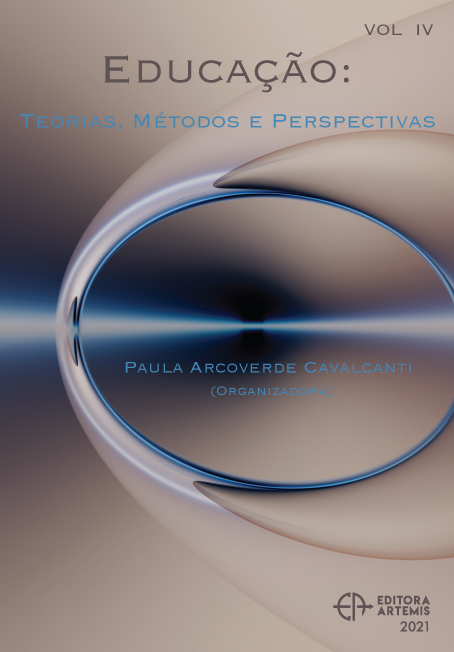
EFECTOS SOBRE EL CLIMA SOCIAL DE AULA EN ALUMNADO UNIVERSITARIO TRAS LA IMPLEMENTACIÓN DE UN PROGRAMA BASADO EN LA PEDAGOGÍA DE LA AVENTURA
El estudio tiene por finalidad evaluar los efectos que se producen sobre el clima social de aula en el alumnado universitario tras la aplicación de un programa de intervención basado en el modelo de pedagogía de la aventura. Los alumnos universitarios que formaron parte del estudio fueron 70 personas que cursaron la asignatura de actividades físico-recreativas en la naturaleza del grado en educación primaria, de los cuales se les realizo una entrevista individual semiestructurada a 20 alumnos. La intervención se realizó durante 4 meses, con dos sesiones a la semana y la realización de una acampada en entorno natural (cuatro días), empleando como metodología el modelo de pedagogía de la aventura. El estudio emplea como método de investigación la fenomenología descriptiva, en el que se utilizó la entrevista ad hoc para conocer la percepción del alumnado sobre el clima de aula producido por la experiencia formativa. Los datos se analizaron mediante el análisis de contenido cualitativo, aplicando el modelo de desarrollo de categorías mixto (deductivo e inductivo) y el uso del software NVivo versión 10. Los resultados indican una percepción del alumnado de la consecución de un clima de aula positivo, promovida por la metodología empleada; que a su vez a contribuido al desarrollo personal y profesional tras el programa de intervención.
EFECTOS SOBRE EL CLIMA SOCIAL DE AULA EN ALUMNADO UNIVERSITARIO TRAS LA IMPLEMENTACIÓN DE UN PROGRAMA BASADO EN LA PEDAGOGÍA DE LA AVENTURA
-
DOI: 10.37572/EdArt_16122147714
-
Palavras-chave: educación al aire libre, desarrollo positivo, aprendizaje experiencial, formación inicial.
-
Keywords: outdoor education, positive development, experiential learning, university learning,
-
Abstract:
The purpose of the study is to evaluate the effects that occur on the social climate of the classroom in university students after the application of an intervention program based on the adventure pedagogy model. The university students who were part of the study were 70 people who took the subject of physical-recreational activities in the nature of the degree in primary education, of a semi-structured individual interview was carried out with 20 students. The intervention lasted for 4 months, with two sessions a week and camping in a natural environment (four days), using the adventure pedagogy model as a methodology. The study uses descriptive phenomenology as a research method, in which the ad hoc interview was used to know the students' perception of the classroom climate produced by the training experience. The data were analyzed through qualitative content analysis, applying the mixed category development model (deductive and inductive) and the use of NVivo version 10 software. The results indicate a student's perception of the achievement of a positive classroom climate, promoted by the methodology used; which in turn has contributed to personal and professional development after the intervention program.
-
Número de páginas: 10
- Pablo Caballero Blanco
- Lidia Salas-Litago

